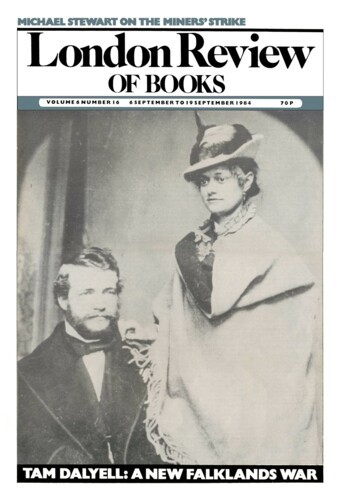A United Caribbean
C.L.R. James, 6 September 1984
Grenada has been in the news and the facts about it are more or less known. It is a Caribbean island of 120 square miles with a population of 110,000. Unlike some of the larger West Indian islands, Grenada has no heavy industry (no oil or bauxite); its production is agricultural – nutmegs chiefly. Grenadians sell their fruit and vegetables in Trinidad and then return home in their boats. Their island came into the news when there was a revolt some years ago against a half-savage local tyrant (who had been knighted by the Queen). A new regime was established under Maurice Bishop, who had received a good education abroad and who was (in words, at any rate) socialistically-inclined. Later there was a revolt in Bishop’s party, the New Jewel Movement, and Bishop was killed by some unsavoury members of that party: it had long been common gossip that in the New Jewel organisation there were people in close – in fact, very close – contact with Moscow and Cuba. The United States, it was confidently reported, had been watching the situation, and had stationed military material in preparation for an invasion which might be needed to prevent a Cuban or Moscow-oriented seizure of power. Thus when the moderate nationalist leader, Bishop, was killed and his Moscow-oriented killers seized power, the United States invaded Grenada. It got rid of the usurpers and established a new government which, in duty bound, promised to hold elections soon. Peace has been restored. The other West Indian governments, as is their habit, are very vocal – some hostile to the invasion but with the majority welcoming the restoration of order. This, I presume, is the attitude of the educated public in Britain to the sudden explosion of armed violence in a former British colony – the attitude of those who like to refer to the Westminster model of political development. This attitude is mistaken.–

